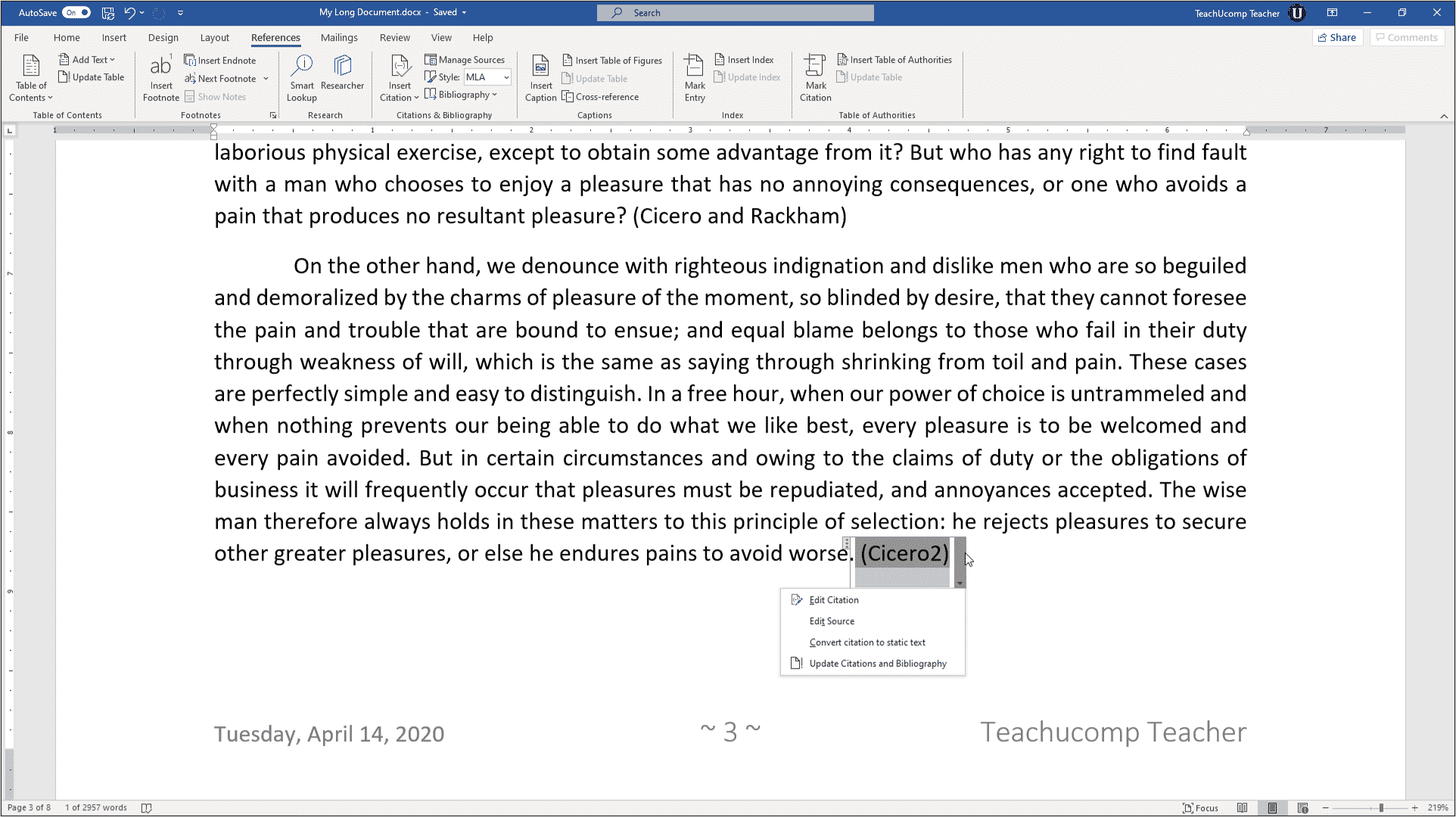


We then develop an in-depth analysis of what we learned from the corpus concerning the questions above. We particularly focus on the geographies of knowledge production (journals where the articles were published corresponding author’s country of affiliation) research methodologies (methods temporalities of data collection) the characteristics of the object of research (geographical areas socio-demographic profiles of the populations studied) and the analytical approach used to consider subjects’ social locations and positionalities. After outlining our methodology and its rationale, we offer a quantitative overview of the corpus.
#PLACEHOLDER TEXT IN WORD 2010 DRIVERS#
We offer reflections on the potential drivers behind migration scholars’ current research agendas and suggestions for future directions for researching what Brexit means for migration and migrants. 1 Our review highlights core themes as well as noticeable gaps in this growing body of scholarship. These are the core questions we set to examine in this review of migration scholarship related to the impact of Brexit published since the announcement of the EU referendum in 2015. What has Brexit meant for migration and migrants? How has the geopolitical repositioning of the United Kingdom (UK) in consequence of the UK’s exit from the European Union (EU) (Brexit) impacted on migration flows to and from the UK, and the experiences of long-established migrant communities and newly arrived migrants? In what ways are the impacts of Brexit differentially experienced across migrant communities according to, inter alia, class, gender, age, country of origin, disability, and race? How has migration scholarship addressed Brexit and its impact on migration and migration governance? In this way, we identify the potential for new lines of enquiry for research on Brexit and migration. This critical review of migration studies scholarship literature focussed on Brexit and migration, we draw out the dominant themes and gaps in this emergent field and consider how these reconfigure the ‘spotlights’ and ‘blindspots’ in migration research from methodological nationalism to. What has Brexit meant for migration and migrants? How has the geopolitical repositioning of the UK in consequence of the UK’s exit from the European Union (EU) impacted on the experiences of long-established migrant communities and newly arrived migrants? In what ways are the impacts of Brexit differentially experienced across migrant communities according to, inter alia, class, gender, age, country of origin, disability, and race? How has migration scholarship addressed Brexit and its impact on migration and migration governance? And what has been the significance of migration research within this project?


 0 kommentar(er)
0 kommentar(er)
